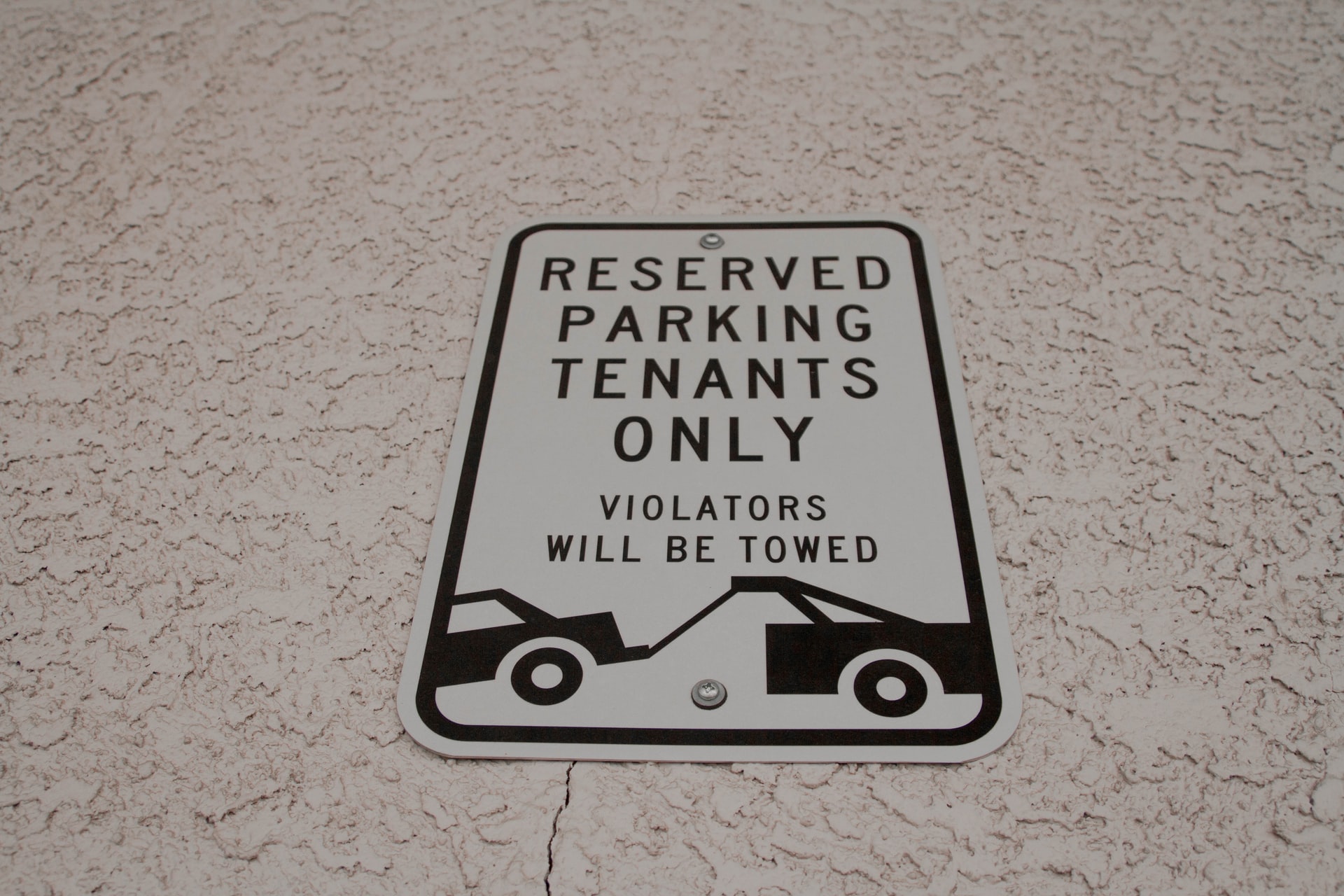A cancer patient in Los Angeles is suing the city for selling his vehicle over a parking ticket he received during an unexpectedly-extended hospital stay.
In February, Joseph Morrissey had surgery to remove a third of his kidney and a cancerous tumor. The procedure was considered routine, with an estimated two-day recovery period. But Mr. Morrissey suffered a stroke and seizure as he woke up from surgery.
RELATED STORY:
Mr. Morrissey’s was in the hopsital for two additional days while he recovered. During that time, his 1996 Jeep Grand Cherokee was ticketed for being parked in front of his home for more than 72 hours. Upon returning home, Mr. Morrissey learned of the ticket but was legally incapable of driving after the surgery.
His Jeep was towed and impounded by the city before Morrissey could get a friend to move it for him. Morrissey said:
“(I) immediately paid the $68 fine and contested the ticket and tow, submitting evidence of his hospitalization and medical condition to the city.”1
RELATED STORY:
Morrissey says officials cashed his check for the fine, but never responded to the evidence he submitted. Eventually, his vehicle was sold at a lien sale. Morrissey is now suing the city of Los Angeles for “violating his due process rights after the wrongful seizure and sale of his vehicle.” He argued that he could not come up with the $2,000 fees imposed on him in order to get his car back. Morrissey told the LA Times:
“I want them to fix this, I want them to replace the car. I felt that I was wronged, and I want justice. I want some sort of acknowledgement they made a mistake, and I want them to fix this. They have altered my life, and as simple as it was, I want my life back.”1
Attorney Nisha Kashyap from pro bono law firm Public Counsel is representing Morrissey. She told The Times:
“This city tows otherwise safely parked cars after 72 hours, but then refuses to consider evidence submitted to contest citations and impound. This not only disproportionately impacts low-income residents, but it’s also ableist. These practices discriminate against people like Mr. Morrissey whose medical conditions restrict their ability to move a car and are counterproductive for Angelenos already struggling to get by.”1
RELATED STORY:
When asked about Mr. Morrissey’s case, a spokesman for the City of Los Angeles’ attorney’s office said:
“We’ll review the claim, and we have no further comment at this time.”1












